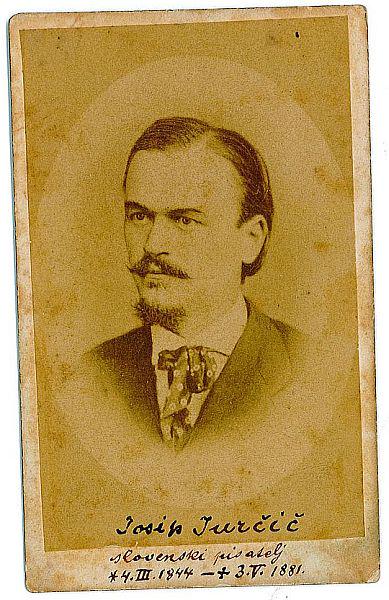
A story about a goat trail written by the Slovenian author Josip Jurčič in 1867 still serves as a barbed commentary on interpersonal relations and the absurdities of everyday life.
The tale is set in the small town of Višnja Gora in Slovenia’s Dolenjska (Lower Carniola) region. It begins when a goat belonging to a peasant boy named Lukež Drnulja runs away after being pestered by local children. Minutes later, a prominent Višnja Gora burgher named Andraž Samorezec notices the goat looking at his vegetable garden from the other side of a fence. Upset by the goat’s "evil intentions" and nursing a previous grudge against Drnulja, Samorezec decides to suet the goat in a court of law. (At first he wants to beat up Drnulja, but quickly changes his mind when he realizes that his adversary looks stronger.)
The trial is a major event for the residents of "the famed town", as they like to describe Višnja Gora. Ultimately, however, they are unable to decide whether the goat is intelligent or not. Unable to come up with a verdict, they call in a wise pauper who comes up with an ingenious solution. He decides that the goat should be sentenced to nine leashes upon its shadow and Drnulja forced to watch the beating wearing a blindfold – much to Slamorezec’s satisfaction.
Jurčič’s satire was aimed specifically at rural Slovenia, but his depiction and indictment of neighborly feuds is universal. According to the critic Martina Orožen, the story is also a commentary on the conflict between town and country. Even though Višnja Gora is little more than a village, its townsfolk feel superior to the people of the surrounding countryside, even though evidence of that superiority is sorely lacking.
The story is also a satire of human traits such as arrogance, pretentiousness, and vengeance - which are much a part of human life today as they were when Jurčič wrote his tale in 1867.

































































